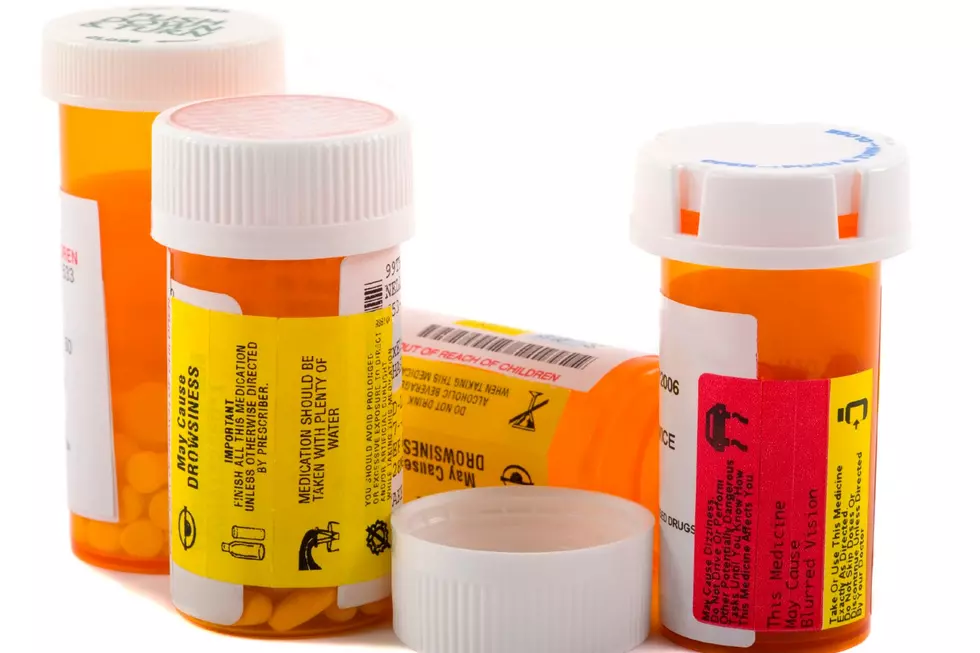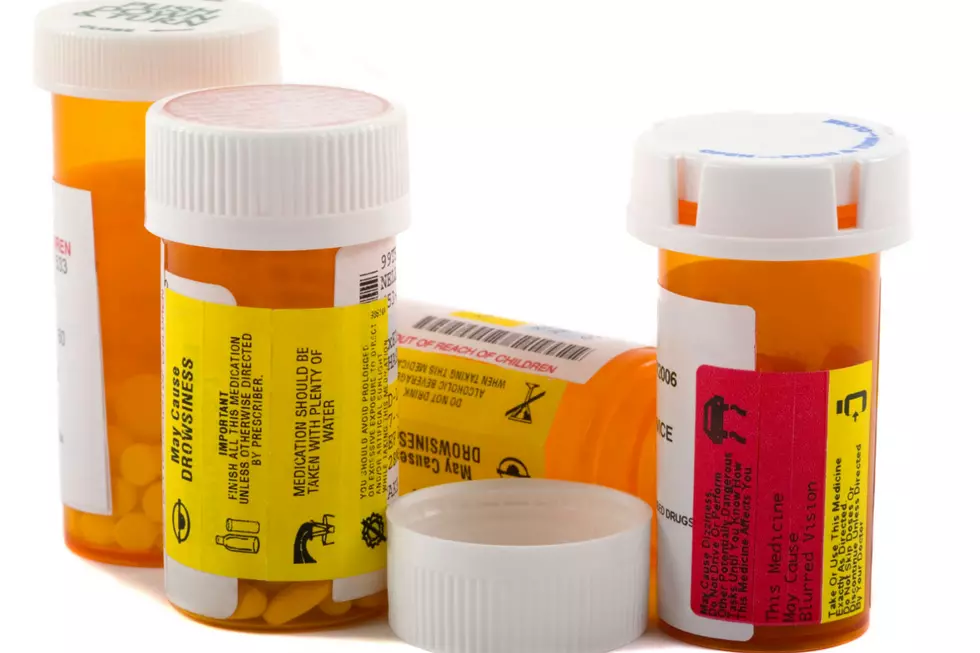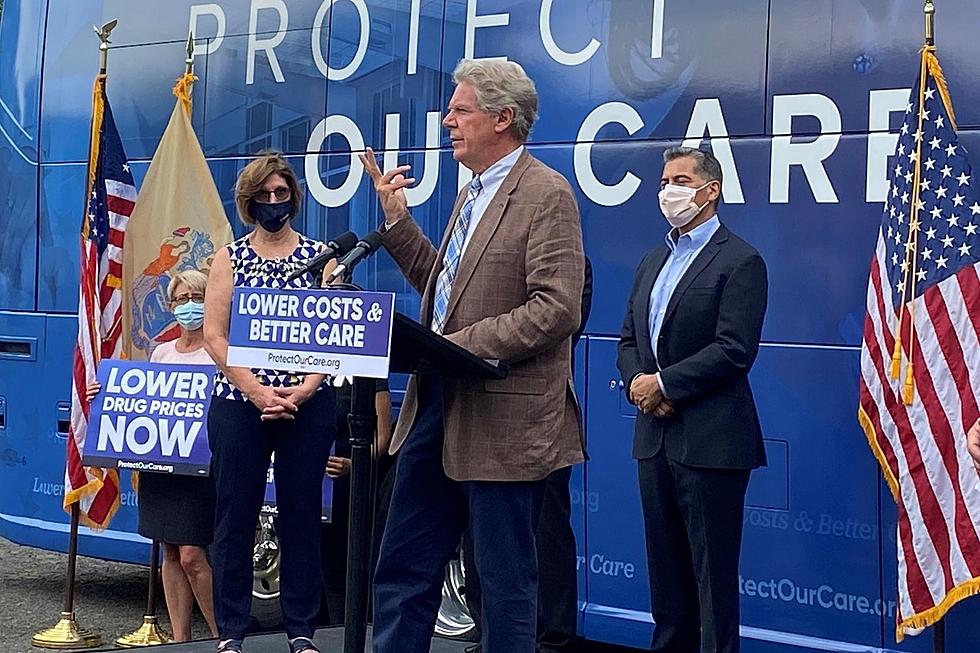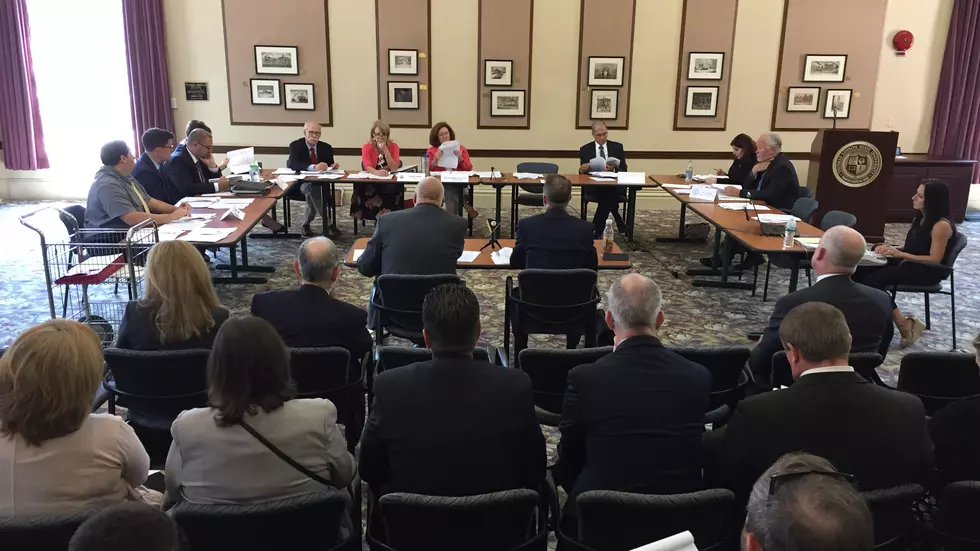
NJ doctors not checking prescription drug database
As New Jersey's heroin and prescription drug abuse epidemic continues to worsen, state lawmakers are looking at ways to fight back.
Legislation awaiting a vote in the Assembly would require doctors to check the New Jersey Prescription Drug Monitoring Program (NJPMP) database before prescribing patients new medications. The bill was approved by the full Senate on March 16.
Lawmakers are hoping that if doctors check the NJPMP, fewer patients would have access to drugs they should not receive. Many experts cite an addiction to more expensive prescription medications as the gateway to heroin use.
Currently less than half of those that are licensed to prescribe prescription medication in New Jersey access the NJPMP, according to Sen. Joe Vitale (D-Woodbrige).
"What happens many times is people who have an addiction, they run out of their prescription and they go to another doctor and they get another prescription or individuals may feign pain and they go to a physician to get drugs and prescriptions and they sell them on the street," Vitale said.
Bipartisan legislation co-sponsored by Sen. Majority Leader Loretta Weinberg (D-Teaneck) and Sen. Jim Holzapfel (R-Brick) would require a doctor prescribing a drug to a new patient for acute or chronic pain to access the NJPMP and to check the NJPMP at least quarterly thereafter if the patient continues to receive prescriptions.
Under current New Jersey law, pharmacists must submit information on the medications they dispense, but doctors are asked to voluntarily check the database.Some in the medical profession said they find it too time-consuming to check the database, while others have insisted they do check it and a law is not needed.
According to Vitale, accessing the NJPMP before every new prescription is a must because addiction is a disease that can often lead to an addict being more interested in getting drugs than in telling a doctor the truth.
"People who are addicted to drugs and alcohol are very good about lying about their addiction," Vitale said.
The bill has the support of Elaine Pozycki who lost her son to an accidental overdose.
"The current voluntary approach has not been able to attract sufficient participation for real effectiveness. This legislation ensures that doctors check a state database to identify patients that are doctor-shopping to feed their addiction," Pozycki said.
Holzapfel said it can't be ignored that the majority of prescription drugs that are most often abused are distributed at pharmacies, and not purchased on street corners.
"Too many people have figured out the loopholes in our prescription drug system to get hold of and abuse dangerous painkillers," said Holzapfel, in a press release emailed on March 16.
Also under the legislation, in an effort make sure the NJPMP has timely data, pharmacies would have to submit weekly updates of prescription data to the NJPMP.
The NJPMP is run by the Division of Consumer Affairs. It's part of a nationwide attempt to track and control the volume of prescription-dispensed drugs subject to abuse. The database that collects prescription data on controlled dangerous substances and human growth hormone dispensed in outpatient settings in New Jersey and by out-of-state pharmacies dispensing in the state.
More From New Jersey 101.5 FM









